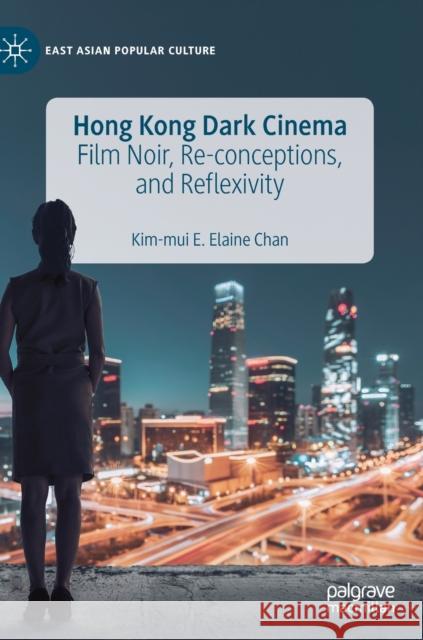Hong Kong Dark Cinema: Film Noir, Re-Conceptions, and Reflexivity » książka
topmenu
Hong Kong Dark Cinema: Film Noir, Re-Conceptions, and Reflexivity
ISBN-13: 9783030282929 / Angielski / Twarda / 2019 / 241 str.
Hong Kong Dark Cinema: Film Noir, Re-Conceptions, and Reflexivity
ISBN-13: 9783030282929 / Angielski / Twarda / 2019 / 241 str.
cena 362,27
(netto: 345,02 VAT: 5%)
Najniższa cena z 30 dni: 346,96
(netto: 345,02 VAT: 5%)
Najniższa cena z 30 dni: 346,96
Termin realizacji zamówienia:
ok. 16-18 dni roboczych.
ok. 16-18 dni roboczych.
Darmowa dostawa!
Kategorie:
Kategorie BISAC:
Wydawca:
Palgrave MacMillan
Seria wydawnicza:
Język:
Angielski
ISBN-13:
9783030282929
Rok wydania:
2019
Wydanie:
2019
Numer serii:
000793615
Ilość stron:
241
Waga:
0.45 kg
Wymiary:
21.01 x 14.81 x 1.6
Oprawa:
Twarda
Wolumenów:
01
Dodatkowe informacje:
Wydanie ilustrowane











